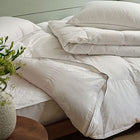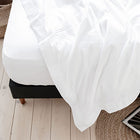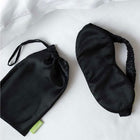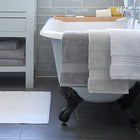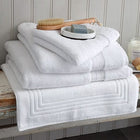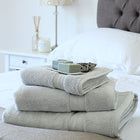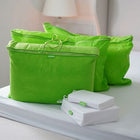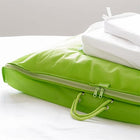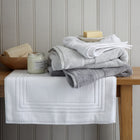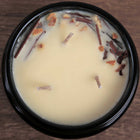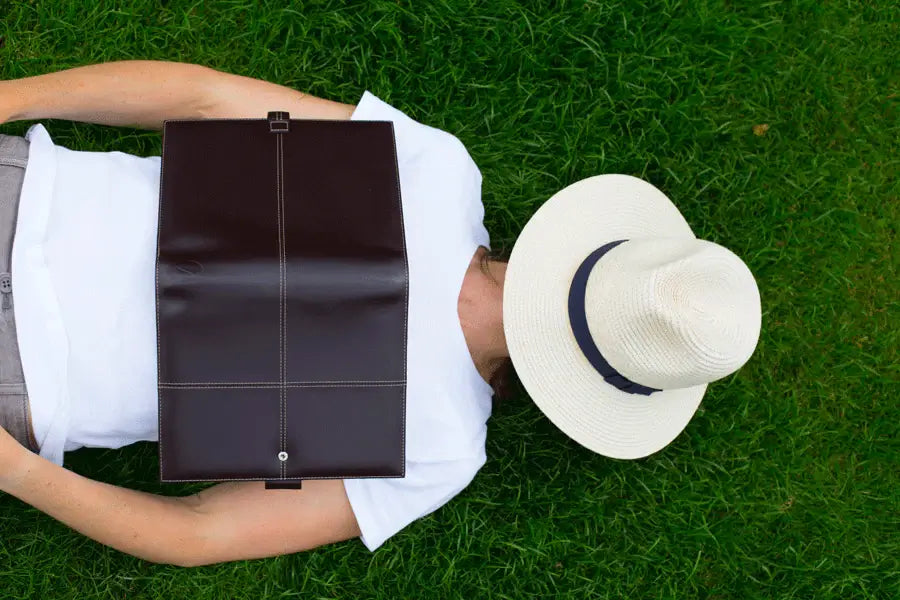
Should you nap?
I often feel tired in the middle of the afternoon and find myself making another cup of coffee or reaching for a sweet treat. But should I be giving in to that sleepy feeling and settling down for a nap instead?
Most research and advice I've read suggests that a short nap of 20-30 minutes in the afternoon can help to improve mood, alertness and performance during the rest of the day; although it probably won’t make up for a bad night’s sleep. Scientific research also suggests that a coffee nap is a really effective way to power nap. I might give it a try! Find out how to coffee nap.
- Is napping normal for humans?
- 3 types of nap
- The coffee nap
- Top napping tips
- Benefits of napping
- Negative effects of napping
Is napping normal for humans?
Apparently more than 85% of mammals are polyphasic sleepers, sleeping for short periods throughout the day. Humans are part of the minority as monophasic sleepers, as our days are divided into two distinct periods, one for sleep and one for wakefulness. This may or may not be our natural sleep pattern however, as young children and elderly people generally need to nap and napping is a key custom for many cultures. What would the Spanish due without their daily afternoon siesta!
3 types of nap
The coffee nap
Research by scientists at Loughborough University showed that tired participants made fewer errors in a driving simulator when they took a 15 minute coffee nap even if they didn't properly sleep than others who only drank coffee or only took a nap or drank a decaf placebo.
In a study in Japan, participants performed much better in a series of memory tests after a coffee nap, compared to participants who just took a nap or took a nap and washed their faces or had a bright light shone in their eyes. They also stated that they felt less tired.
How to take a coffee nap:
- Get yourself ready for a nap and set your alarm for 15-20 minutes.
- Drink a cup of coffee - tea and other caffeinated drinks don't contain as much caffeine as coffee so they won't be as effective.
- Switch on your alarm and snooze or doze for 15-20 minutes.
- Wake up rejuvenated with a spring in your step!
So how does it work? Our bodies produce a chemical called adenosine when we feel sleepy. Once we are asleep, our adenosine levels drop. Caffeine prevents adenosine reaching your brain which therefore helps you feel less drowsy. So, sleep decreases adenosine levels, allowing caffeine easier access to your brain receptors which results in a coffee nap increasing your energy levels more than just napping or just drinking coffee. And as it takes 15-20 minutes for the caffeine to take effect, a nap before it kicks in is ideal.
Napping tips:
Benefits of napping:
- To restore alertness, enhance performance and reduce mistakes and accidents. A study at NASA on sleepy military pilots and astronauts found that a 40-minute nap improved performance by 34% and alertness 100%.
- To increase alertness in the period directly following the nap may extend alertness a few hours later in the day.
- Help with narcolepsy, a sleep disorder characterised by excessive sleepiness.
- Psychological benefits - a nap can feel like a mini holiday!
- Reducing drowsy driving - sleep experts recommend that if you feel drowsy when driving you should immediately pull over to a rest area, drink a caffeinated drink and take a 20 minute nap.
- Night shift work can cause fatigue and impair performance - research has shown that a combination of naps and caffeine can help.
Negative effects of napping:
